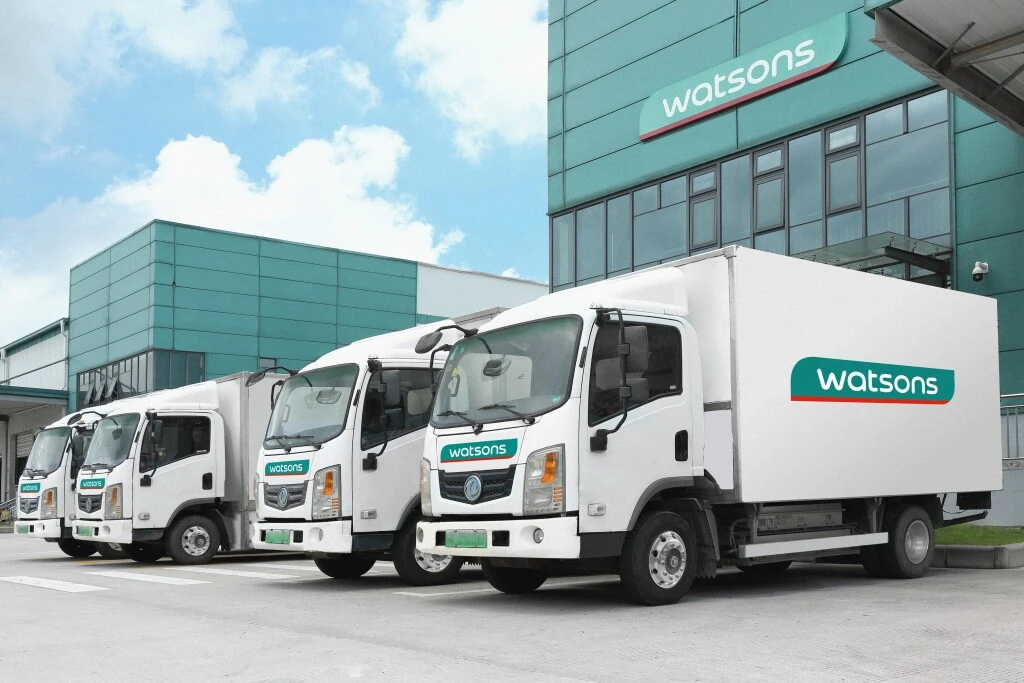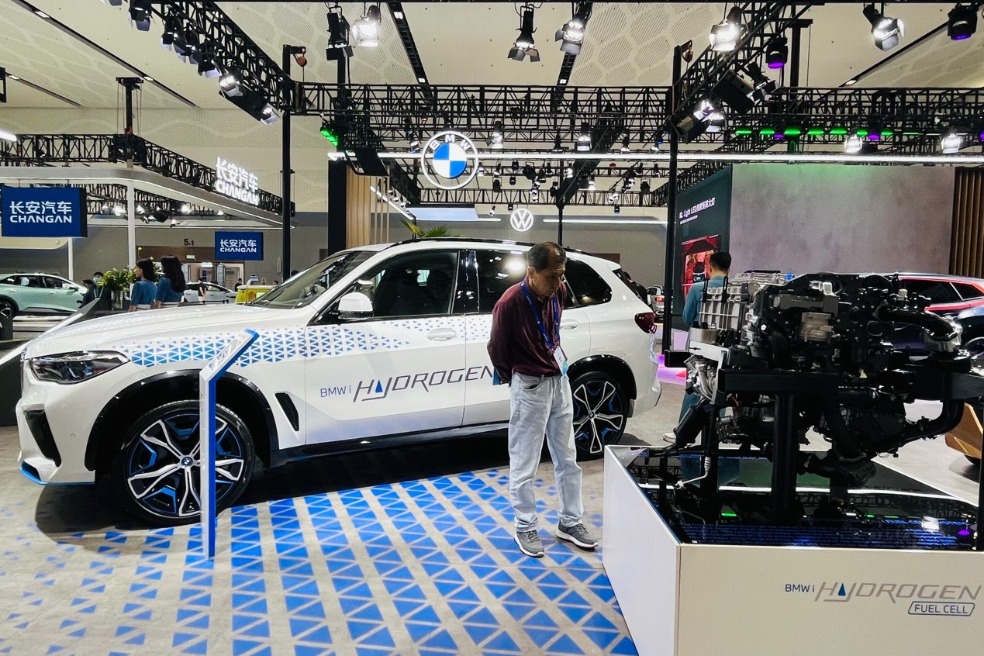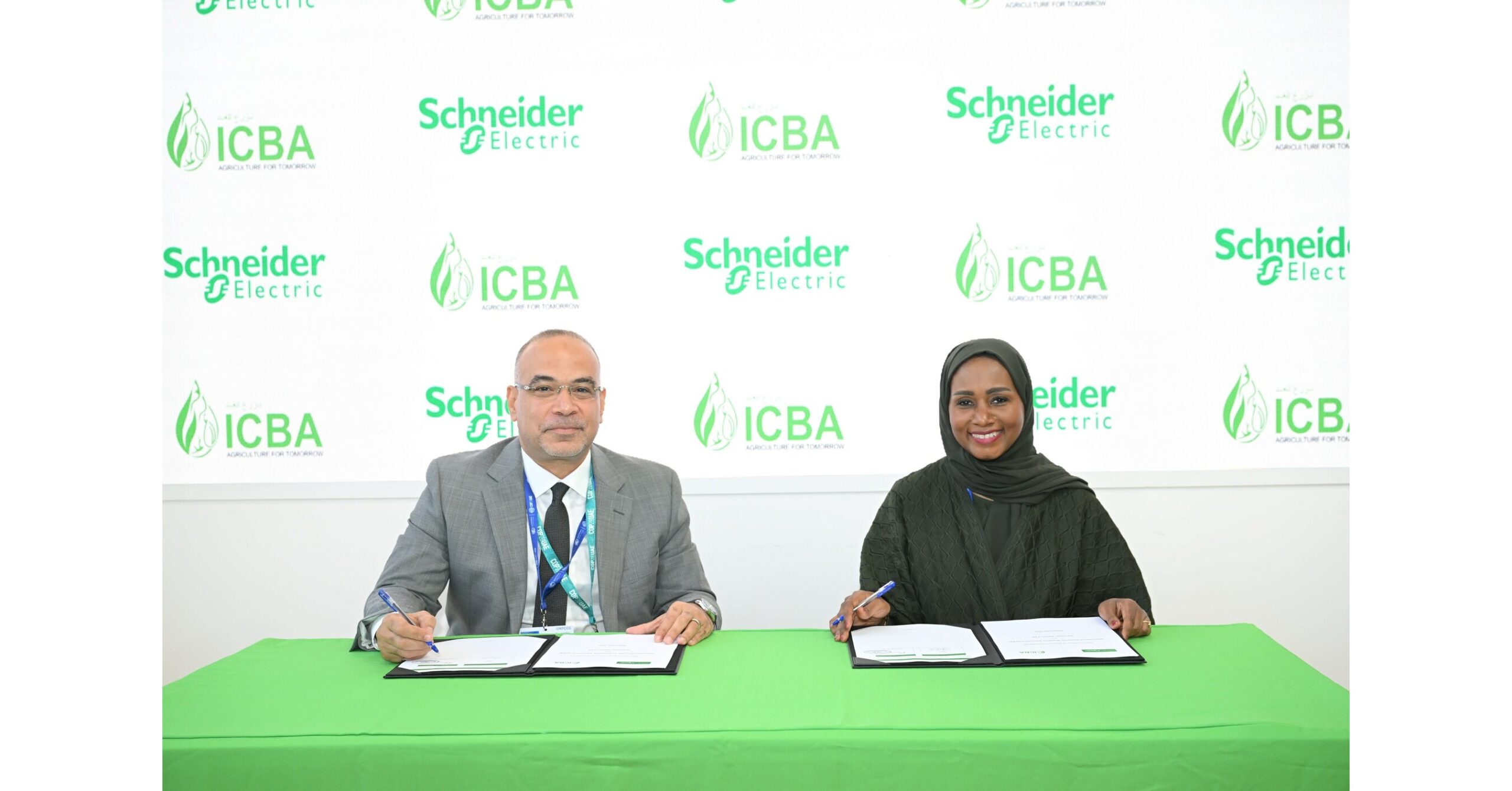AS Watson, the world’s largest international health and beauty retailer, is intensifying its sustainability efforts within its global supply chain. The company is transitioning its delivery fleet to electric vehicles and implementing waste reduction initiatives to combat climate change.
Transition to Electric Vehicles
Malina Ngai, Group CEO of AS Watson, emphasized the company’s commitment to sustainability, stating, “As a responsible global retailer, sustainability is at the heart of our business. We’ve been investing and innovating to reduce our environmental impact and contribute to a more sustainable future.” Ngai highlighted that 60% of the company’s 12 retail brands have started using electric vehicles for warehouse-to-store and online order deliveries.
Despite industry challenges such as limited driving range and insufficient charging infrastructure, AS Watson remains dedicated to overcoming these obstacles. “Electric vehicles have limited driving range per charge, and insufficient charging infrastructure, which makes long-haul deliveries challenging,” Ngai explained. The company aims to expand this initiative across as many markets as possible.
A recent survey indicated a 2.4% increase in global direct carbon dioxide emissions from heavy and medium-duty trucks in 2022, amounting to 1.8 billion metric tons (GtCO₂). Battery electric vehicles emit at least 63% less CO₂ than comparable diesel vehicles, highlighting their potential to reduce transportation-related emissions.
Progress in Key Markets
AS Watson’s progress in adopting electric vehicles is notable. In China, over 80% of warehouse-to-store deliveries in cities like Beijing, Shanghai, and Shenzhen now use electric vehicles. In Europe, Superdrug, Savers, and ICI PARIS XL have deployed electric vans and e-Cargo bikes in Central London and 13 emission-free zones in the Netherlands. Additionally, Watsons China, Singapore, and Taiwan have introduced electric vans and motorbikes for online order deliveries.
Furthermore, Superdrug, Savers, Kruidvat, and Trekpleister are shifting towards greener fuels such as liquefied natural gas (LNG) and compressed natural gas (CNG), which generate fewer carbon emissions compared to traditional diesel fuel.
Waste Reduction Initiatives
In parallel with fleet electrification, AS Watson has achieved significant waste reduction in its supply chain. The company has successfully diverted over 95% of warehouse waste from landfills and reduced the use of virgin plastics in online business packaging by 50% year-on-year.
Ngai concluded, “We will continue our journey towards supply chain sustainability. We expect to see increasing adoption of electric vehicles and the introduction of more waste reduction initiatives to help create a more sustainable world. At AS Watson, sustainability is not a slogan, but a culture embraced by our 130,000 colleagues globally. Only by working together can we create a truly significant impact on the planet.”
This focus on sustainability aligns with global energy market trends, where green energy policies and investments in solar energy and storage technologies are gaining momentum. As the solar energy market continues to grow, companies like AS Watson are setting a benchmark for sustainable practices in the retail industry.
Source: apnews.com





